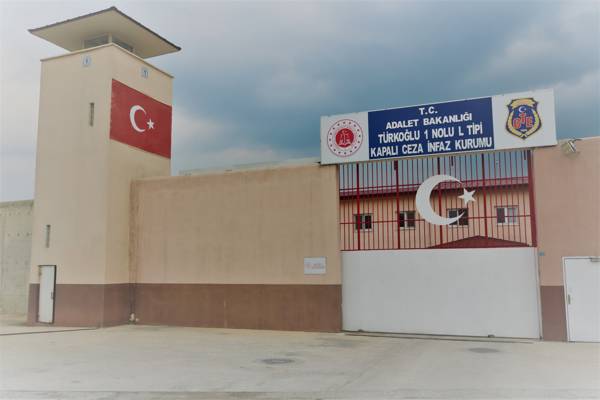The Health Ministry has introduced a regulation banning planned cesarean deliveries at private medical centers that do not have dedicated birth units, as part of ongoing efforts to promote vaginal births.
The regulation, published in the Official Gazette on Apr 19, states that private clinics and outpatient facilities must establish birth units that meet specific standards if they intend to provide vaginal delivery services. Centers without operating rooms will not be permitted to establish birth units.
Existing birth units at private medical centers must be brought into compliance with the regulation’s physical requirements by Dec 31.
This move comes amid a broader campaign by the government to encourage vaginal births. Having declared 2025 “Year of the Family,” President Recep Tayyip Erdoğan has called for measures to address Turkey’s declining birth rate and fertility.
The campaign gained additional visibility last week when football teams in the Süper Lig displayed banners supporting the ministry’s message, “Natural is Normal Birth.” The campaign received public criticism, prompting reaffirmed support from both the Health Ministry and President Erdoğan.

“The decline in our population growth rate and fertility rate is obvious,” Erdoğan said in a social media post on Apr 19. “The threats awaiting us 10 or 20 years from now are plainly visible. Should we not act because some people are uncomfortable? Should we refrain from taking precautions or guiding society in the right direction?”
He added, “We have no time to waste on hysteria or ideological obsessions. We will maintain our firm stance on this issue. Even if some object, we will continue to do what is right for our country and nation.”
According to data from the World Health Organization (WHO), the global C-section rate rose from 7% in 1990 to 21% in 2021. In Turkey, the increase has been even more significant. Health Ministry data shows that cesarean rates rose from around 20% in the early 2000s to over 50% by 2013.
The ministry’s most recent statistics, from the 2023 Health Statistics Yearbook, indicate that 61 out of every 100 births in Turkey are now performed via cesarean section, far exceeding the WHO’s recommended ceiling of 15%. The country currently ranks among the highest globally for C-section rates, according to OECD and Eurostat data.
Criticism from opposition and medical professionals
The regulation has drawn criticism from the main opposition Republican People’s Party (CHP), with MP Aylin Nazlıaka describing the move as “a new way of exercising control over women’s bodies.”
“Those who put their political interests above all else are subjecting women to political violence,” she told Cumhuriyet. “This mentality, which declares cesareans ‘unnecessary’ and imposes ‘normal birth,’ sees women as nothing more than birth machines. It is a backward and reactionary outlook. Women alone should decide when, how, where, and how many children to have.”
Nazlıaka also warned that the decision would directly impact women in disadvantaged areas. “In many districts and towns outside major cities, basic healthcare is accessed through these centers. Banning planned cesareans there will seriously hinder safe and controlled births. It’s not just freedoms that are being compromised, lives are also being put at risk.”
Dr. Ayşe Gültekingil, a member of the Turkish Medical Association’s (TTB) women’s health committee, acknowledged that not all private centers are adequately equipped for cesarean deliveries. Still, she criticized the move as part of broader policies aimed at controlling women’s bodies.
“This is not about ensuring healthy births,” she told T24. “It’s about starting to restrict cesarean deliveries. Everyone sees that clearly now. Without addressing the structural issues behind this, imposing such decisions on doctors and women won't solve anything.”
Gültekingil added that women seeking cesareans may now be forced to turn to private hospitals, raising concerns about future restrictions there as well, saying, “We don’t know whether bans will eventually extend to private hospitals too." (VK)









.jpg)
.jpg)
.jpg)
.jpg)





















